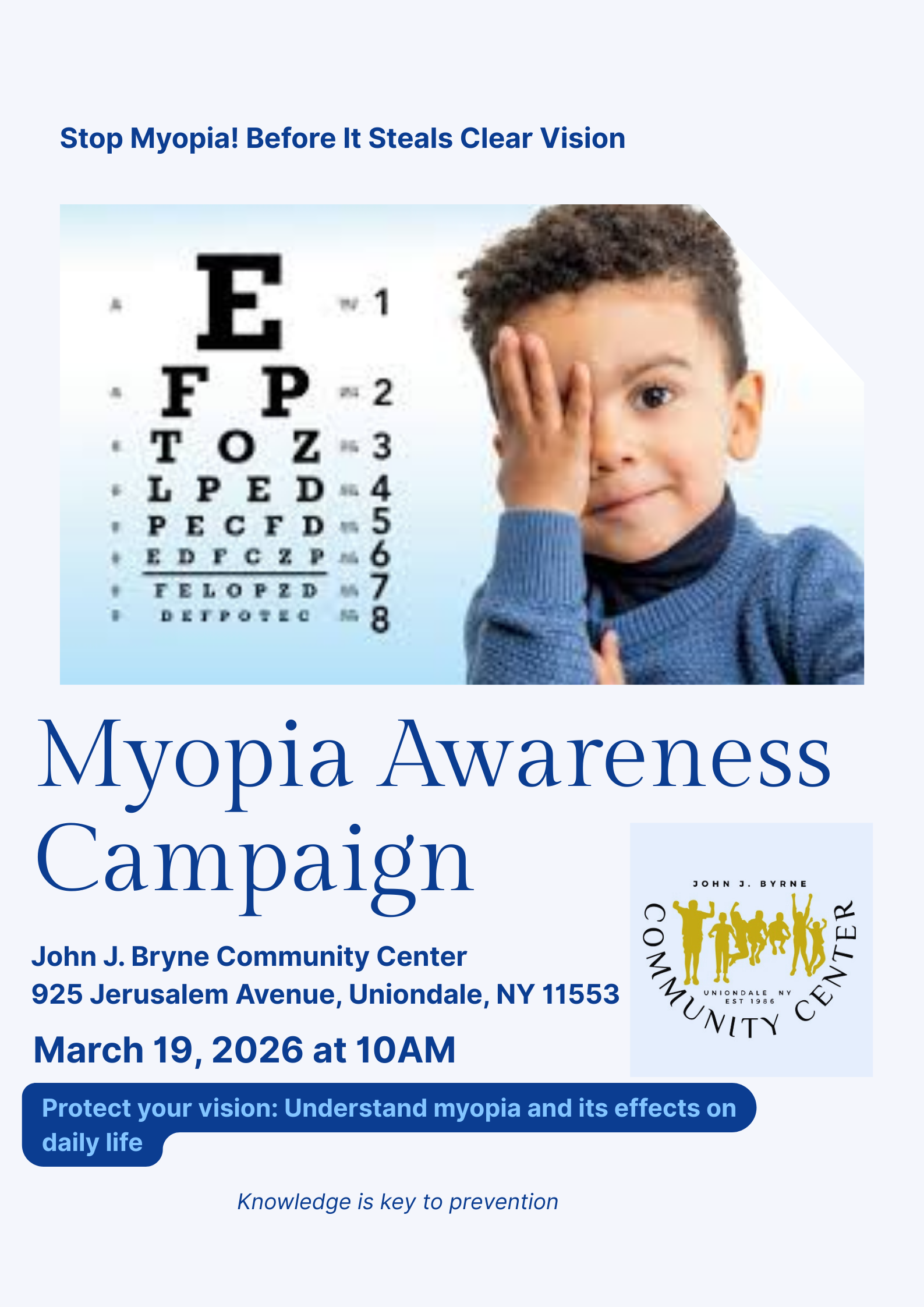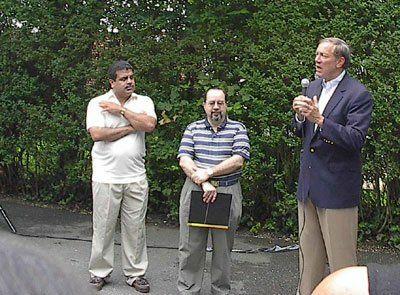In an ever-changing world, the voice of a community leader is both critical and challenging. To navigate these complexities effectively, lifelong learning emerges as a key tool. This article from The John J. Byrne Community Center explores the multifaceted benefits of continual education and skill enhancement for community leaders. Not only does lifelong learning equip these individuals with up-to-date knowledge and skills, but it also fosters personal growth and community development.
Enhancing Leadership Skills
Leadership is an evolving art that demands constant refinement. Lifelong learning in this area can transform the way leaders approach their roles and responsibilities.
- Cultivating Adaptability: Leaders who engage in ongoing learning are better equipped to adapt to changing circumstances.
- Improving Decision-Making: Continuous education helps in honing critical thinking and decision-making skills.
- Importance of Self-Discipline: Self-discipline is crucial for leaders, enabling them to lead by example and maintain focus on their goals.
Broadening Perspectives
Exposure to new ideas and cultures is a significant advantage of lifelong learning. It broadens a leader’s perspective, enabling them to understand and relate to diverse community members.
- Cultural Awareness: Learning about different cultures enhances a leader’s ability to communicate and empathize with various community groups.
- Global Outlook: Understanding global issues and trends can help leaders foresee potential impacts on their communities.
- Innovative Thinking: Exposure to a wide range of subjects can spark innovative solutions to local challenges.
Building Effective Communication Skills
Effective communication is a cornerstone of successful leadership. Lifelong learning aids in developing and refining these skills.
- Active Listening: Learning to listen actively can improve relationships and problem-solving abilities.
- Clear Messaging: Ongoing education in communication helps in conveying ideas clearly and persuasively.
- Digital Literacy: Understanding digital communication platforms is essential in today’s interconnected world.
Fostering Community Engagement
A leader’s ability to engage and inspire their community is enhanced by their commitment to personal growth and learning.
- Community Understanding: Continuous learning about the community’s history and dynamics improves engagement strategies. For example, you can learn more about the John J. Byrne Community Center’s history in Uniondale.
- Empathy Development: Educational experiences can deepen a leader’s empathy, fostering stronger community connections.
- Networking Skills: Learning provides opportunities to build networks, which can be valuable for community projects.
Personal Growth and Resilience
Lifelong learning contributes significantly to a leader’s personal development and resilience, which are vital in facing community challenges.
- Stress Management: Learning new stress management techniques can help leaders maintain their composure in challenging situations.
- Confidence Building: Acquiring new skills and knowledge boosts self-confidence, making leaders more effective.
- Adaptability to Change: Continuous learning prepares leaders to adapt to changes within their community and the wider world.
For community leaders, the pursuit of lifelong learning is not just a personal endeavor but a vital component of effective leadership. It equips them with the necessary skills, perspectives, and resilience to guide their communities through an ever-changing landscape. By committing to continual growth and development, leaders not only enrich their own lives but also contribute significantly to the vitality and progress of their communities. The journey of learning is endless, and for community leaders, it is a journey well worth taking.









No Comments
Sorry, the comment form is closed at this time.